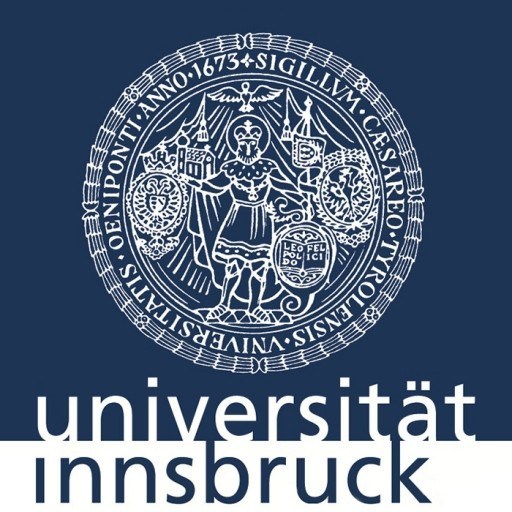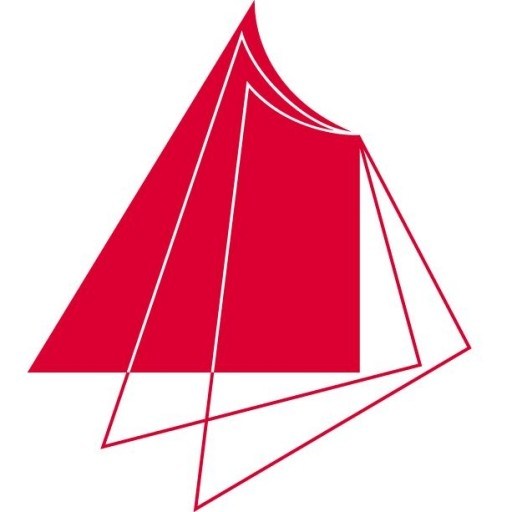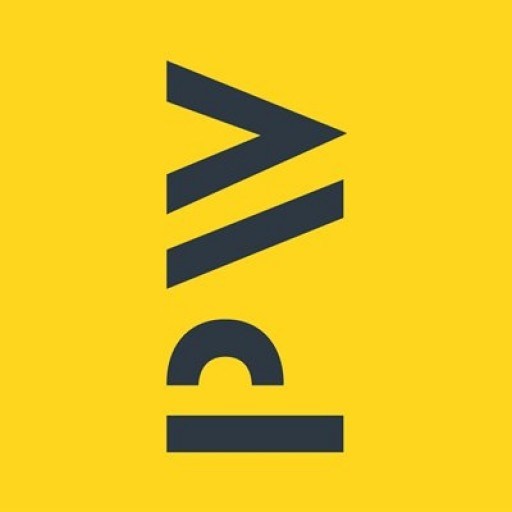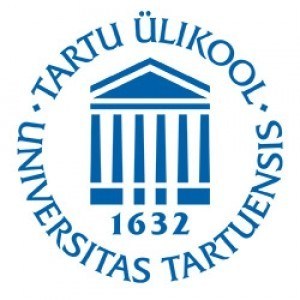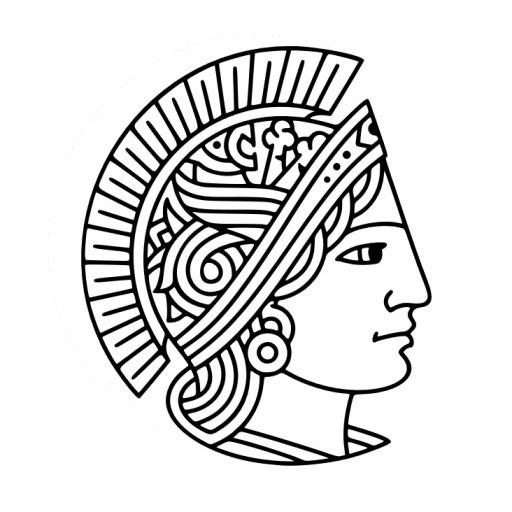Photos of university / #uniinnsbruck
AstroMundus is a 2-years Erasmus+:Erasmus Mundus Masters Course (120 ECTS) in Astronomy and Astrophysics offered by a consortium of 5 partner universities in 4 different countries: Austria, Italy, Germany, and Serbia. As of 2014, the course is continuing within the new Erasmus+ programme of the European Commission.
Its main objective is to provide top-ranked students with an excellent background in Astrophysics, to introduce them to the world of modern astrophysical research, and foster their future career in this field. At the same time, in the spirit of the Erasmus Mundus programmes, we promote cultural exchanges between non-Euroepan and European students and academics.
AstroMundus students carry out their master studies in at least 2 and up to four of the above countries, in a stimulating and scientifically excellent international environment.
The official language of the course is English, but students are given the possibility to learn the languages of the host countries by attending language courses at the partner universities.
Successful students will be awarded a Joint Master Degree by all partner universities they have visited during the Master studies.
In addition they will obtain a Diploma Supplement to facilitate the recognition of their degree in other universities/countries.
At the end of each 2-years cycle of the Master Programme the best Master thesis of the cycle will be awarded a prize.
Main topics
AstroMundus offers an excellent educational level in all branches of Astrophysics, as insured by the wide variety of expertise in the field covered by this international partnership. The main topics covered by the Master programme are:
- Galactic Astrophysics (the Sun and the Solar system, the Milky Way, stellar evolution, the interstellar medium)
- Extrasolar planets
- Extragalactic Astrophysics (galaxies, galaxy evolution, galaxy clusters, intra-cluster medium, star formation)
- Active Galactic Nuclei (including accretion theory, relativistic jets, modelling)
- Cosmology (including observational cosmology, galaxy surveys, gravitational lensing, very early universe)
- Particle Cosmology
- Astroparticle Physics
- Gravitational waves
- Observational astrophysics from the ground and from space
- Computational astrophysics (N-body simulations, magneto-hydrodynamic simulations)
The programme lasts for two years. The AstroMundus consortium adopts the European Credit Transfer System (ECTS). Students will earn a minimum of 120 ECTS during their master studies.
During the first semester the students attend courses at the entrance university (University of Innsbruck). The second semester is spent at a second University of choice among the 2 Italian partner Universities (Padova and Rome). The third semester is spent in one of the three partner institutions at Rome, Göttingen, or Belgrade depending on the astrophysical branches which the students will select to specialise on (but see important note below!). Finally the fourth semester is mainly devoted to the Masters thesis (30 ECTS) that can be accomplished in any of the partner institutions, with the possibility of joint supervision by a member of another of the partner universities. Students are given the possibility to attend additional advanced courses/seminars during the 4th semester, especially on topics related to their thesis work. The first semester is focused on basic learning in Astronomy and Astrophysics, while the subsequent ones offer to the students the possibility to specialise in different branches. The organization in semesters is summarised below. The detailed lists of courses offered at the various universities in the relevant semesters are available in the section "Curricula" of the AstroMundus webpage.
Important note: Although the students can choose their mobility path through the consortium universities from the second semester onward, in order to ensure an excellent quality of the course a maximum fraction of students per site is allowed. Therefore, at mid-course of each semester students will be asked to give their preference(s) for the subsequent semester. The Selection Committee may re-direct some students to sites different from their chosen ones when the maximum capacity of one or more sites is reached.
The programme is structured as follows:
- I semester: University of Innsbruck. Four compulsory courses plus one or more courses at choice from a list of optional ones.
- II semester: Universities of Padua or Rome "Tor Vergata". Four compulsory courses plus one or more courses at choice from a list of optional ones.
- III semester: Universities of Rome "Tor Vergata" or Göttingen or Belgrade. Two to four compulsory courses, depending on location, plus a choice of optional courses.
- IV semester: Any of the 5 partner Universities. Master thesis (compulsory) and access to a choice of advanced optional courses.
Full information on the courses is given in the dedicated page of each partner university.
Language and admission policies
Courses will be taught in English. Intensive tutoring of Master students will be assured during the whole course of their Master studies. Also, English will be the language of choice for tutoring and examinations. However, students will have access to language courses within each of the partner Universities. Up to forty students will be involved in the programme for each cycle of Master. Admission criteria include a Bachelors degree in physical or mathematical sciences or an equivalent degree (180 ECTS) and depends mainly on academic qualifications. Admitted students will be required to sign a Student Agreement.
Final degree
Students who successfully complete the requirements of the programme will be awarded a Joint Master Degree by the Consortium universities where they accomplished the various parts of their Master studies. In addition they will receive a Diploma Supplement.
Audience
The course is open to students of all nationalities.
Student Scholarships
A limited number of scholarships is expected to be funded through the new Erasmus+ Joint Masters Degree programme of the European Commission.
Applicants that wish to apply also for an Erasmus+ scholarship will have to state so in the application form. No additional application is required. Students that already received in the past an "Erasmus Mundus" or "Erasmus+" scholarship for Master studies are not eligible for a new one. Also, a student can apply for a maximum of 3 different Erasmus Mundus Masters Courses/Erasmus+ Joint Masters Degrees starting in the same academic year. Students that apply for more than 3 EM/JMD Courses will be excluded from the selection for an Erasmus+ scholarship.
There are two categories of scholarships:
- Category A: They are intended as full scholarships and are reserved to Third Country students (Erasmus+ "Partner Countries" category). Category A scholarships cover the registration fees (including the insurance), include a contribution to travel, installation and any other type of costs of 5000 or 7000 (depending on the distance of the student's country of origin), and a monthly allowance of 1000 /month for the whole duration of the Masters Course (24 months) with the exclusion of periods of studies spent in any Partner Country.
- Category B: They are intended as a financial contribution for European/"Programme Country" students or for students that have carried out their main activity in one of the European or associated countries for more than 12 months during the last 5 years. Category B scholarships cover the registration fees (including the insurance), include a contribution to travel, installation and any other type of costs of 2000 , and a monthly allowance of 1000 /month for the whole duration of the Masters Course (24 months) with the exclusion of periods of studies spent in their country of residence.
Not more than 3 students with the same nationality can be selected for an Erasmus+ scholarship.
Holders of Erasmus Mundus/Erasmus+ scholarships are subject to special regulations.
In particular, holders of category A scholarships can spend a maximum of 3 months (or the equivalent of 15 ECTS) at the University of Belgrade (provided Serbia is not their country of origin), since this is a Third Country partner of the Astromundus consortium.
Holders of category B scholarships can spend a minimum of 3 months and a maximum of 2 semesters at the Third Country partner university (i.e. the University of Belgrade). Periods in excess of this duration are not covered by the scholarship.
All Erasmus Mundus/Erasmus+ scholarship holders must spend a period of studies in at least 2 European partner countries different from the country where they have obtained their last degree. This implies that scholarship holders who obtained their last degree either in Austria or in Italy must spend a period of study (at least 1 semester) in Germany. Because of the limited number of Erasmus+ scholarships, we strongly recommend that prospective students seek and apply for other scholarships that might be funded, e.g., by their own Country and/or Institution of origin or by other organizations.
Additional scholarships
Additional scholarships, equivalent to the Erasmus+ scholarships, and a limited number of fee waivers are granted by the AstroMundus Consortium.
Scholar scholarships
A scholarship consists of a living allowance (including travel costs) of 1200 euros per week for a minimum duration of 2 weeks and a maximum duration of 3 months per scholar.
Each scholar selected to receive a scholarship should come from a different higher education institution.
Accreditation
The AstroMundus consortium adopts the European Credit Transfer System (ECTS).
Students will earn a minimum of 120 ECTS during their master studies. During each of the 4 semesters of studies, students must earn at least 30 ECTS.
Credits that are earned in excess of the required 120 ECTS will be mentioned in the Diploma Supplement that will accompany the final Joint Master Degree.
The final Master of Science degree is issued jointly by all consortium universities where the students have carried out the various parts of their Master studies.
